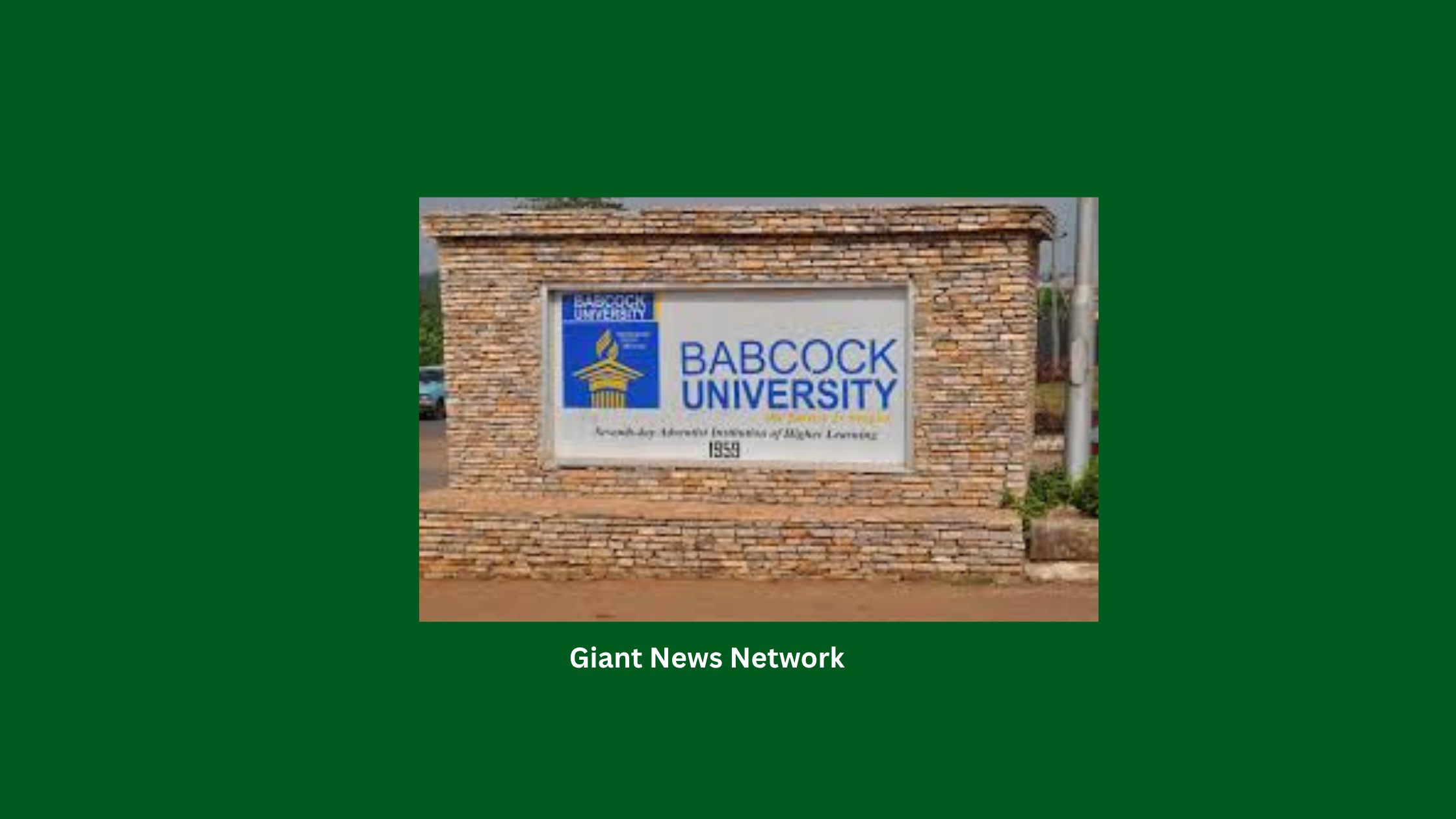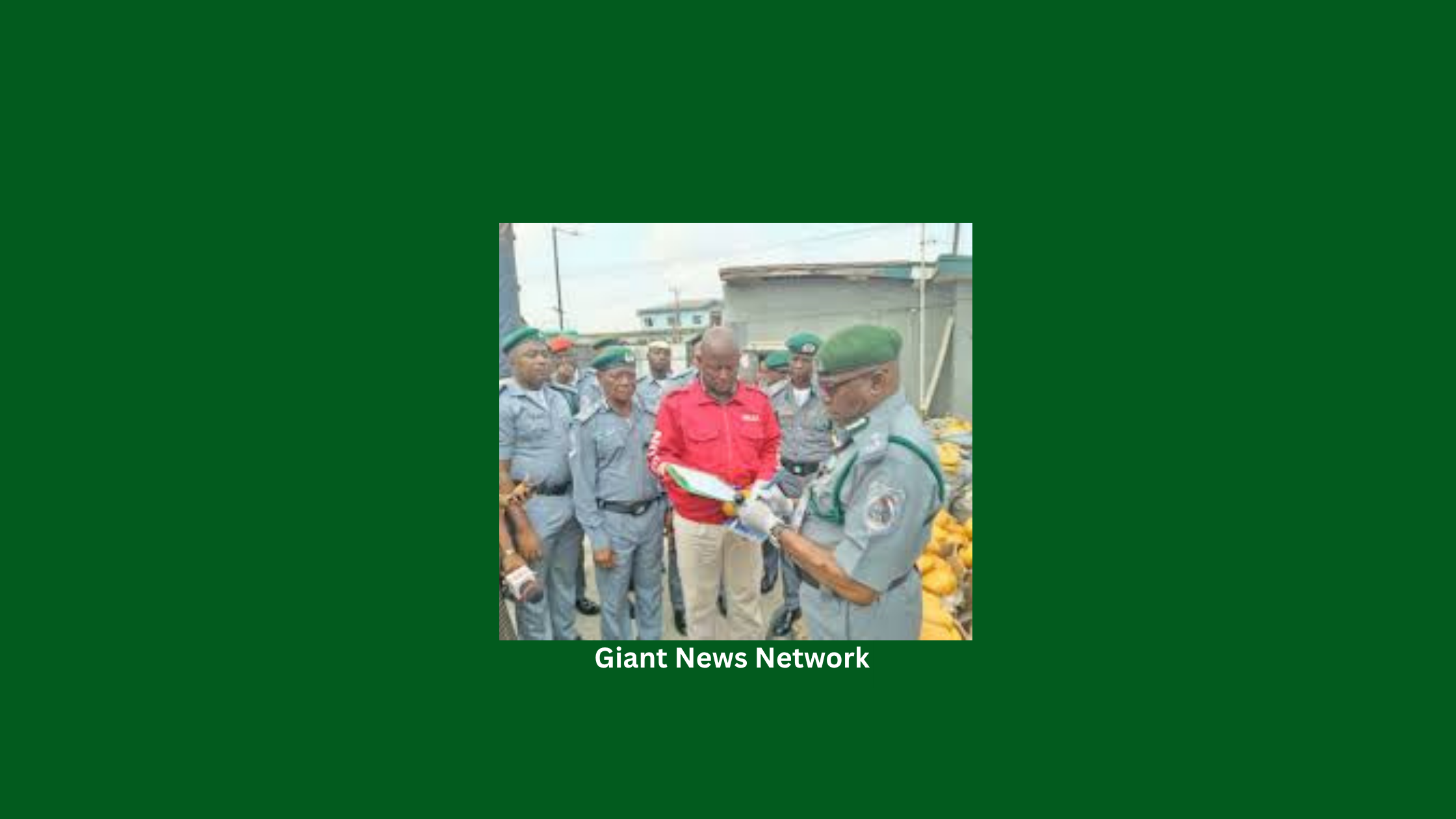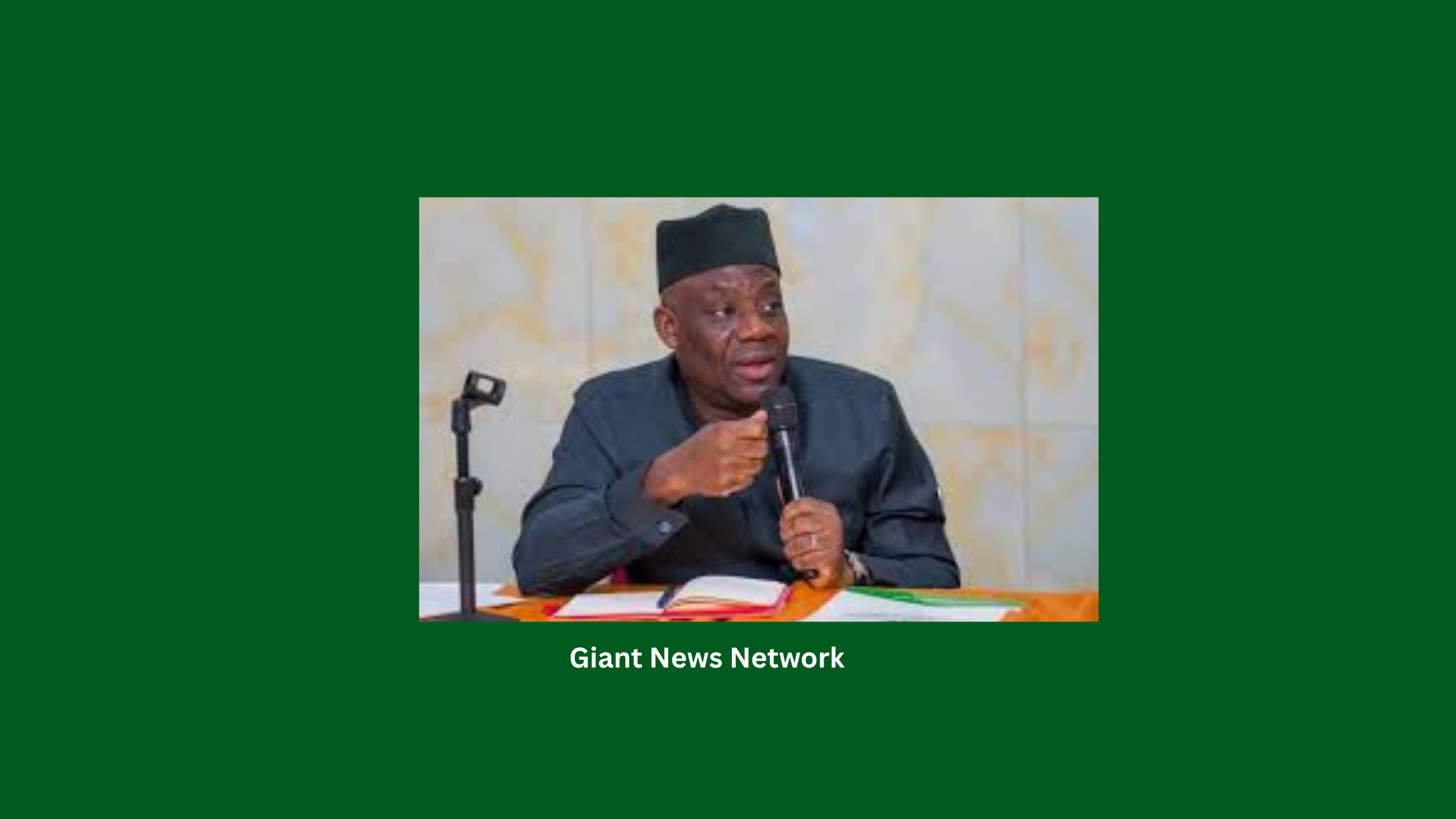Abuja — The Minister of the Federal Capital Territory (FCT), Nyesom Wike, has told a Federal High Court in Abuja that the increasing number of scavengers, beggars, and homeless individuals in the FCT poses a significant security threat to lives and properties in the city.
In a counter-affidavit submitted in response to a N500 million human rights lawsuit, Wike urged the court to dismiss the case brought on behalf of the vulnerable residents. The case was filed by lawyer Abba Hikima against the FCT Minister, the Inspector-General of Police, and other federal agencies, including the DSS, Civil Defence, the Attorney-General of the Federation, and the Federal Government.
According to Wike, many of the so-called scavengers have been caught vandalizing both private and public property. He also alleged that some of them act as informants for criminals, kidnappers, and even terrorist groups. In his statement — deposed by Saidu Abdulkadir from the FCT Legal Services Secretariat — Wike described begging as an activity not recognized by Nigerian law.
He noted that the presence of homeless people and beggars, who often set up makeshift shelters under bridges and along streets, not only violates the Abuja Master Plan but also constitutes a health and security risk.
“These individuals live and sleep on public roads without proper sanitation. Their open defecation and urination litter the environment and threaten public health,” Wike’s affidavit read.
The minister emphasized that the Abuja Environmental Protection Board (AEPB) Act of 1997 prohibits unauthorized erection of structures or open defecation in public spaces — and it is his responsibility to enforce those laws.
He further stated that hawking and street trading in unauthorized locations go against the FCT’s developmental plans.
Wike also defended the FCT Administration’s efforts, pointing to the creation of the Social Development Secretariat (SDS) in 2004 to cater to the social needs of vulnerable residents. The SDS, he said, runs a vocational and rehabilitation center in Bwari, where vulnerable individuals can acquire skills to become self-reliant.
Despite these efforts, Wike said many people refuse rehabilitation and instead return to the streets.
“We are committed to rehabilitation, but begging is not a legal occupation,” he added.
Wike also denied that his administration had violated anyone’s rights or mistreated any individuals. He described the allegations of unlawful arrest, detention, or extortion as baseless and unsupported by evidence. He claimed that the three so-called victims cited in the lawsuit were not real individuals and no proof of their existence had been provided in court.
The DSS, NSCDC, and Attorney-General also submitted counter-affidavits denying any wrongdoing. The DSS stated that it had not conducted any joint operation with other security agencies on the date alleged, and does not take directives from the FCT Minister.
The NSCDC and Attorney-General also denied violating any fundamental rights and asked the court to reject the claims made by the applicant for lack of evidence.
Lawyer Abba Hikima, who filed the lawsuit, said he was acting in the public interest to protect vulnerable Nigerians in the FCT. He claimed that on November 12, 2024, at around 11 p.m., he witnessed a joint task force — including police and military personnel — arresting and harassing dozens of homeless people, petty traders, and street hawkers along Ahmadu Bello Way in Abuja.
He followed the task force vehicles from a distance to Eagle Square, where the arrested individuals were reportedly dropped off.
According to Hikima, three of the victims — Abdullatif Shehu, Hajiya Talatu Danladi, and Judith Samuel — later recounted their experiences in recorded interviews. He argued that they were unlawfully arrested and mistreated based solely on their appearance and economic status.
He asked the court to:
- Declare that the actions of the government violated the rights of the affected individuals.
- Award ₦500 million in damages for inhumane treatment.
- Order a public apology from the respondents.
- Direct the implementation of new policies to protect the rights of vulnerable Nigerians.
Hikima said the real issue was that poverty and homelessness are symptoms of harsh government policies and economic mismanagement — and should not be criminalized.
As the case continues in court, the legal battle raises important questions about how society and the government treat Nigeria’s most vulnerable citizens. The court’s decision could have far-reaching consequences for urban policy, law enforcement, and human rights in the Federal Capital Territory.
Further updates will be provided as the case develops.














Leave a Reply